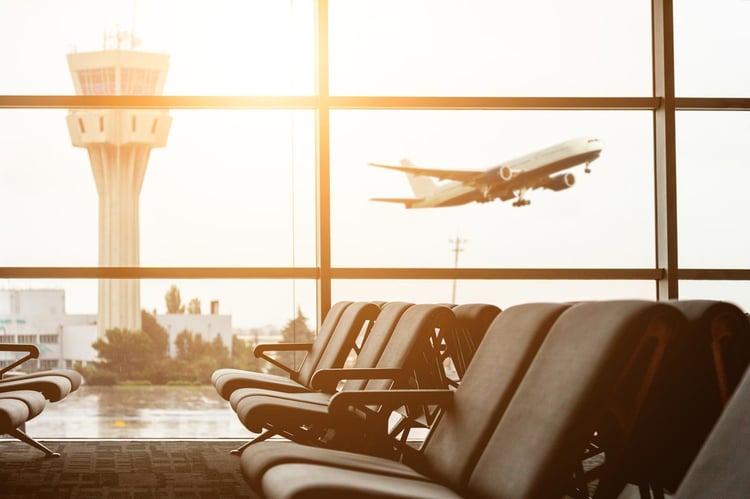Who Most Needs a Crisis Plan in 2018 - Part II: Airlines
 Why Airlines Need to Invest in Their Crisis Planning
Why Airlines Need to Invest in Their Crisis Planning
It seemed to begin with United Airlines and Dr Dao in April.
Since then, not a month goes by without social media broadcasting another video, captured by passengers, apparently showing airline employees mistreating someone on a plane.
In this series of blogs, we are looking at industries which have the most reasons to make crisis planning a budget priority for 2018. And airlines are right up there with the industry in our first blog on this theme, financial services.
In no particular order of importance or veracity, recent incidents involving airline cabin crew include:
- Spirit Airline passengers, angry at the cancellation of 11 flights, getting into a mass brawl, which included cops.
- Southwest forcing a customer off a plane after she complained about dogs on board as she claimed pet allergies.
- Delta removing a passenger at Tampa who got agitated because the luggage bins were full.
- American Airlines staff confronting a number of passengers after a row about a woman’s right to bring a stroller on board.
- Delta removing an entire family after a dispute about a child’s use of a seat.
On board fracas are not the only problems for the airlines.
Other recent examples include Delta’s response and later apology in April about how a day of thunderstorms turned into a five-day nightmare of delayed and cancelled flights; and British Airways much criticized handling in May of its IT outage.
By no means were the airlines at fault in all these examples.
However, there is something about the culture and business practices of airlines that appears to breed frustration and aggravation from its travelling public.
Soon after the Dr Dao incident, The Atlantic published a fascinating article examining how airlines can and do work out how much each customer is worth and then treat them accordingly.
One would think that in these kind of circumstances, the airlines would have become very adept at responding and managing such outbreaks of passenger anger and bad publicity.
Yet, United’s handling of the Dr Dao incident has become the poster child of what not to do.
The initial limp defensive statement praising its own staff, its apparent surprise when videos became widely distributed, initially on social and then mainstream media, and the slow acceptance of responsibility and the inevitable apologies.
It never appeared that United’s actions were being guided by a best practices crisis plan that had been carefully prepared and tested beforehand.
Airlines must have state of the art crisis planning, enabled by technology, to deal with any threat quickly and efficiently.
Any airline with a paper-based plan which is more than two years old has an urgent budget priority for 2018.










